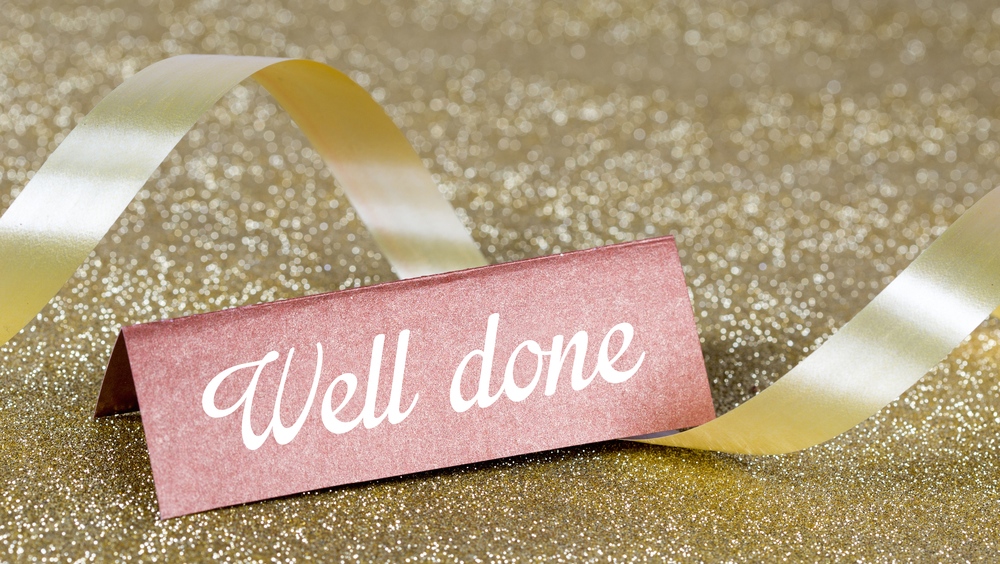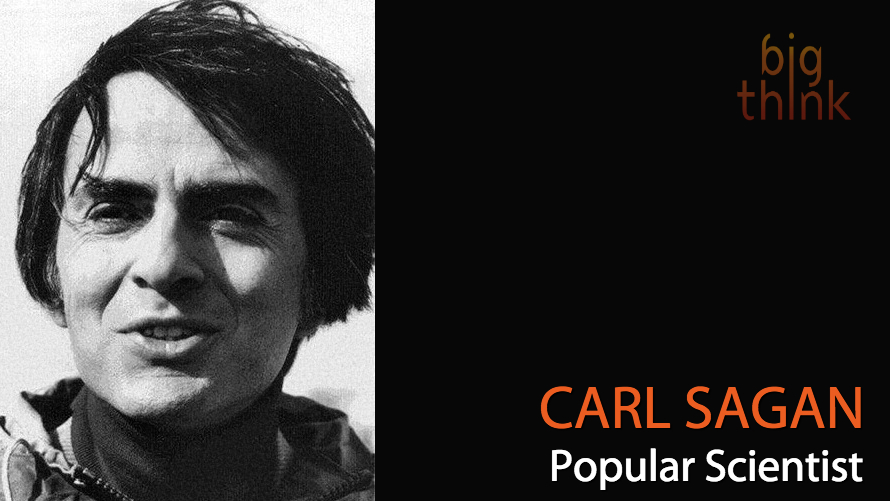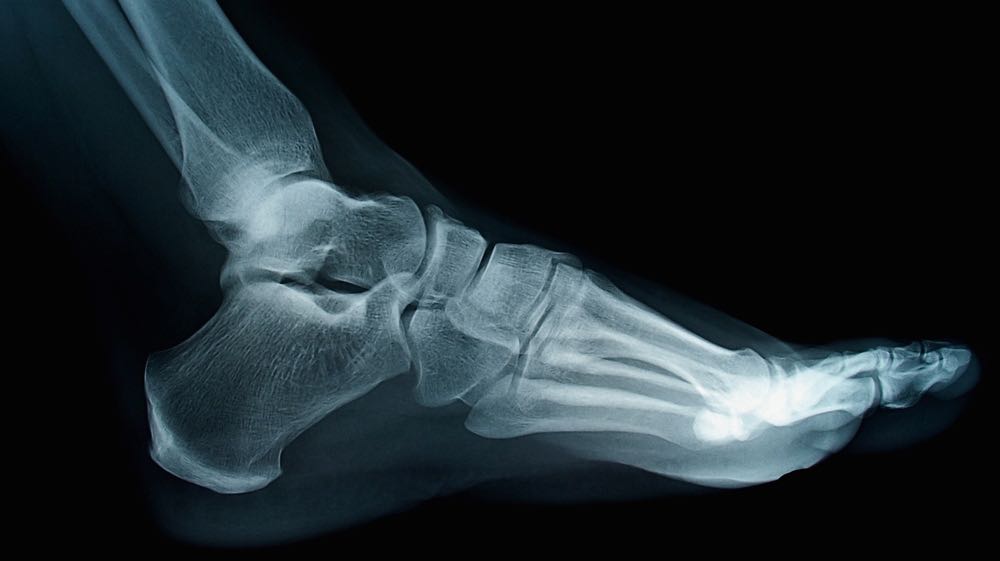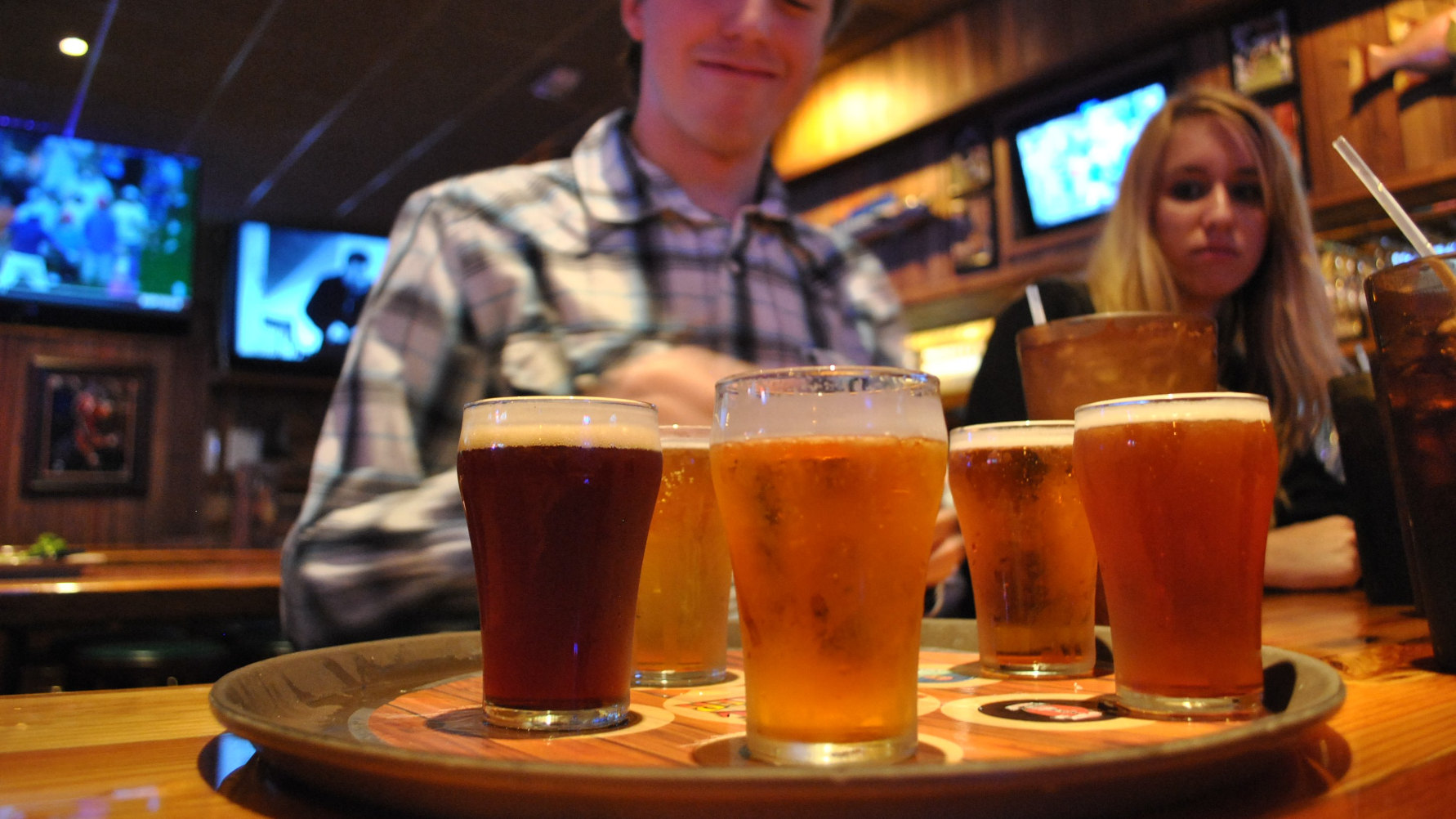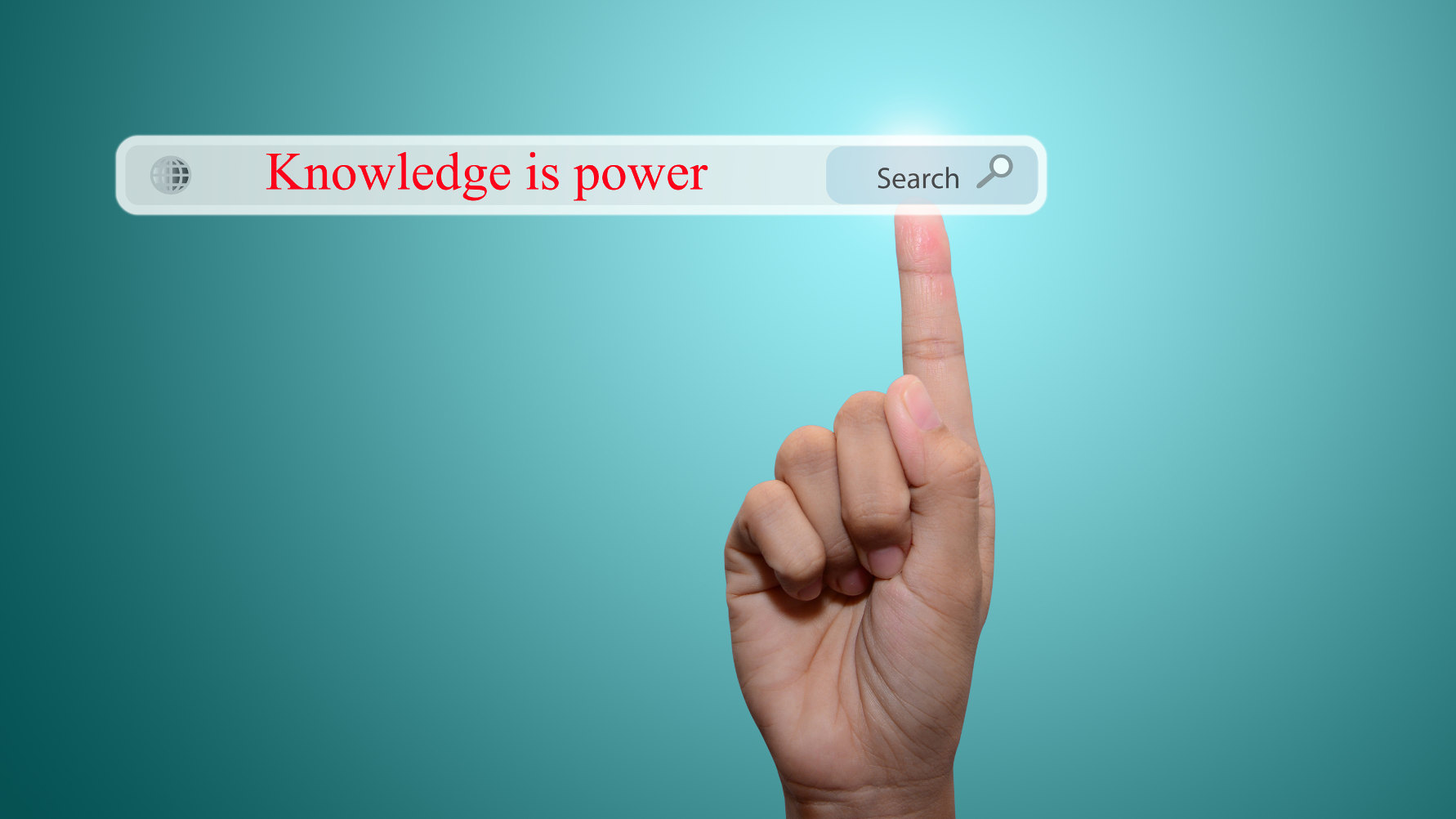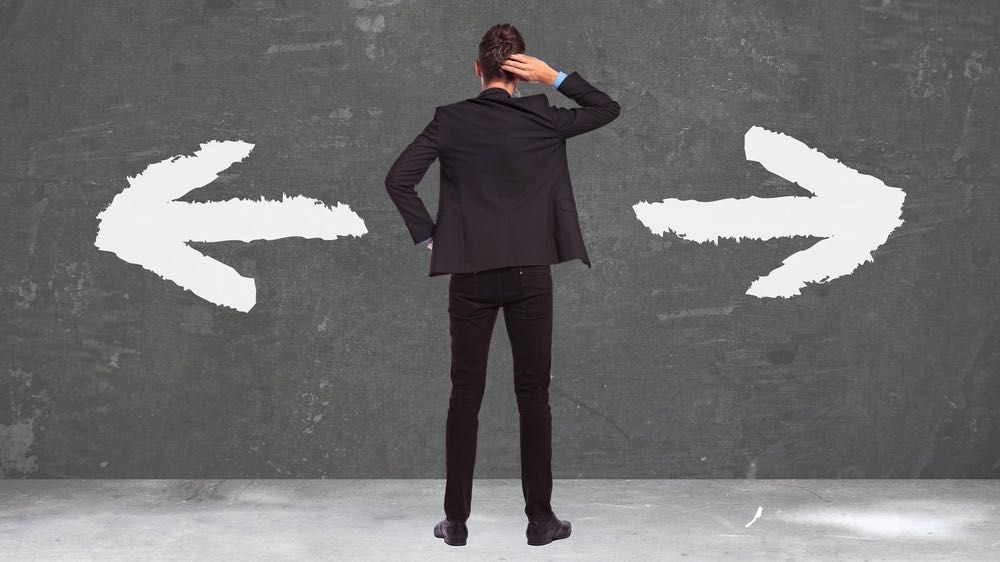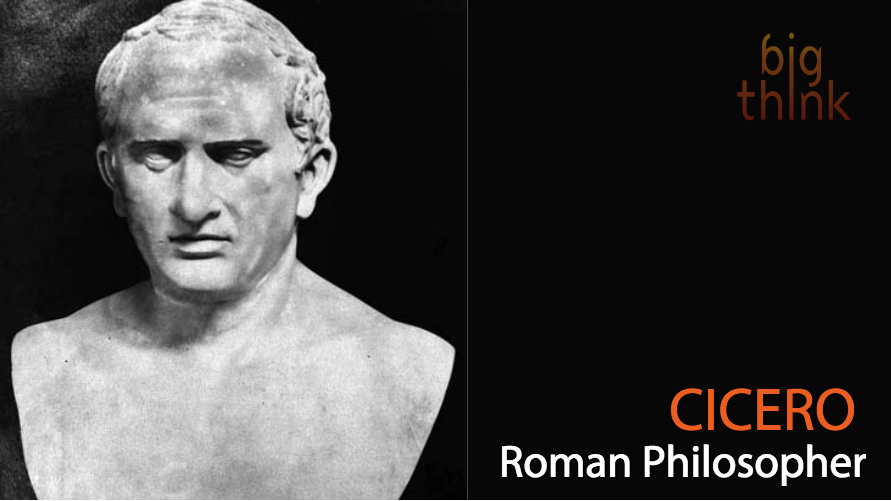Giving others credit when it isn’t due may sound counterintuitive, but it is what skilled managers and leaders do. The principle applies to people who work for us as much […]
All Articles
“We live in a society absolutely dependent on science and technology and yet have cleverly arranged things so that almost no one understands science and technology. That’s a clear prescription for disaster.”
He hasn’t shot an episode of Let’s Make a Deal for decades, but Monty Hall’s name still graces a statistical brouhaha from the early 1990s, and the drama he cultivated on […]
Biomechanical scientists have created a simple device that can increase walking efficiency, or “human gas mileage,” by an average of 7 percent when worn around the ankle.
Global Population Boom: Are People the Problem, the Solution, or Both? Professor Joel Cohen first asks and answers the question, “How did humans grow from small populations on the African […]
Of the many concepts of Judaism artist Mark Rothko took to heart, the idea of tikkun olam, Hebrew for “repairing the world,” penetrated the deepest. In Mark Rothko: Toward the Light in the Chapel, academic and a cultural historian Annie Cohen-Solal cuts to the heart of Rothko’s life and art and sheds new light on how both seemingly had to end at The Rothko Chapel (shown above), the Houston home of Rothko’s final works that he tragically didn’t live long enough to see himself. In this tightly focused new biography, Cohen-Solal shows us both how The Rothko Chapel culminates Rothko’s life-long mission to repair his world and how it continues to serve as a light of hope in our darkening world.
Study finds that Rhode Island kids who were allowed to sip an alcoholic beverage were four times more likely to have been drunk by the time they reached high school.
Sex may be enjoyable, but in evolutionary terms, it’s a very difficult way to reproduce.
Changing up your routine by walking backwards may be enough to boost creativity, although it may also lead to a decrease in productivity.
Searching the internet gives people an inflated sense of knowledge, according to a recent study.
Some people have trouble making left-right distinctions. It’s not a big deal, so long as you don’t work in a medical profession.
The Roman philosopher had the following to say about ability and education: “Natural ability without education has more often attained to glory and virtue than education without natural ability.”
A new study examines over a hundred rumors spread through over a thousand news articles in 2014 and investigates the role major news publications play in the spread of misinformation.
Playing video games provides some bonus points for the real world. In a recent study, researchers found gamers were better able to adapt and learn visual tasks.
Best mash-up ever: Pac-Man invades Google Maps.
In the spirit of April Fools’ Day, researchers decided to put the old saying, “An apple a day keeps the doctor away,” to the test.
What the world’s most powerful collider found, and may yet still find. “Innovation is taking two things that already exist and putting them together in a new way.” –Tom Freston […]
Research suggests that making a new friend doesn’t have to be anxiety-inducing, just bond over your shared social anxiety.
One in five students will experience ‘exploding head syndrome,’ a disruptive disorder caused by the auditory neurons firing at once, waking sleepers with a loud bang.
There exist many conflicting theories on the origins of the holiday, although the most compelling dates back to Pope Gregory XIII in 1582.
Data-driven solutions aren’t going anywhere, but the public’s perception of big data’s value is bound to buckle beneath the weight of unrealistic expectations.
Ever feel powerless to help a cause you believe in because its troubles are a great distance away? Just because you’re far from the Brazilian rainforest or the polar ice caps or Mt. Everest doesn’t mean you can’t play an important role in protecting those places.
The Tesla CEO’s tweets are capable of generating hashtags, memes, and even temporary spikes in the price of company shares.
Automation is on the rise in areas previously regarded as beyond the reach of machines.
Redesigning your office space can measurably improve morale as well as the flow of creative ideas, but it doesn’t have to cost a fortune.
Your IQ wasn’t set at birth. Turns out, intelligence is quite malleable. Genes play a role in influencing your intelligence, but not as much as your upbringing.
“The mathematician’s best work is art, a high perfect art, as daring as the most secret dreams of imagination, clear and limpid. Mathematical genius and artistic genius touch one another.”
Lightning: it isn’t just for stormclouds. “If you are caught on a golf course during a storm and are afraid of lightning, hold up a 1-iron. Not even God can […]
Letting employees decorate their workspaces plays an important role in building relationships within the company — without them there aren’t any icebreakers.
LifePaint is motivated by a grim statistic — every year in the UK over 19,000 cyclists are involved in accidents.
